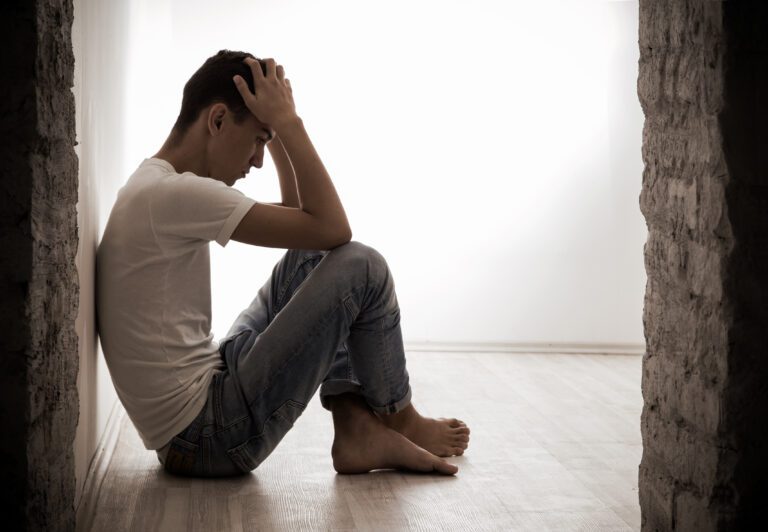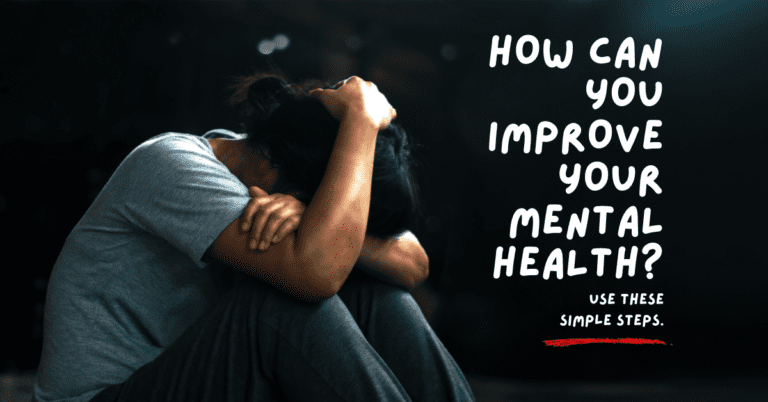It’s Not Always Easy To Find Your Triggers
I was diagnosed with bipolar type 1 back in 1999. In the years and decades since, I have made it my focus to manage my illness to the best of my ability. One of the best ways I have done this is by pinpointing my “triggers.”
Patience has not always been one of my strengths, but living with a mental illness has forced me to learn it. It has given me time to figure out what my triggers are, how to prepare for them, and how to prevent them from overtaking me.
The thing about bipolar disorder is its certainty. This may sound counterintuitive because bipolar disorder is a mental illness composed of extreme and chaotic mood states. However, the certainty lies in the actual mood states. You can prepare all you want and do all the right things, but living with bipolar disorder is extremely humbling. Just when you think you have it under control, it rears its ugly head. Recently, that happened to me, and I would like to share my experience with you.
Managing Triggers
As I write this article, it is the week of Thanksgiving 2021. The past couple of months has been a constant battle with the daily onslaught of my mind. Historically speaking, the fall has been the time of year when my mood dips. In past years, the change in season, the colder temperatures, and the shorter hours of daylight have all contributed to my yearly downswing.
However, I am extremely proactive in managing my bipolar disorder. For years, I have used trial-and-error to find the tools, strategies, and treatments to best manage my illness. As I mentioned, this process has tested my patience frequently, but it has made me a better person for going through it.
A few years ago, I took the initiative to make my mental health my top priority. First, I cut out the toxic relationships from my life. Plus, I focused on my daily routine and self-care ritual. My hard work paid off because this has been the longest stretch of sustained stability I have had in my entire life.
Was It A Trigger?
With all of that being said, I felt a dramatic change in my mood a few months ago in August. I do self check-ins daily (actually, multiple times each day), and I noticed the change immediately. I called my psychiatric nurse practitioner (PNP), talked with my wife, and increased my daily self-care activities. Usually, I notice a fairly quick positive result from implementing my coping strategies. However, this time was different. Instead of getting better, I began getting worse.
Over the next several weeks, I plummeted into a dark, debilitating depression. My motivation became nonexistent, along with my energy level and my overall ability to function. I wish I could say that things quickly turned around, but the depression morphed into a mixed episode. From the day I noticed a change in my mood, I worked closely with my PNP and used the support of my loved ones.
When I first contacted my PNP, she asked if there was a particular trigger that preceded my mood instability. I responded with a resounding “no.” It wasn’t until recently that I realized there was a trigger that contributed to my “decompensation.”
A Trigger For Thanksgiving?
I have realized that it does not matter that I experienced a trigger. In this situation, I did everything in my power to maintain my stability. I even ramped up my coping strategies, but sometimes you just cannot prevent a mood episode.
Back to my original thought – the certainty of a mood episode is always there. It is just a matter of when.
Please do not take this the wrong way, though. I do not say this to discourage anyone. The knowledge of this certainty puts me back in the driver’s seat to improve my quality of life.
I am a firm believer in doing everything within my power to stay as healthy as I can, day-in and day-out. Each day, I follow a routine and implement the treatment plan I put together with my PNP. Going into the holidays, I am doing much better. My energy level, motivation, and ability to function have all improved, and I know things will get even better still.
Going forward, I plan to continue empowering myself with the use of the tools and strategies I have gained through the years and to try newfound ones as well. The past few months have been a big reminder that it is imperative I take daily action in managing my bipolar disorder.







